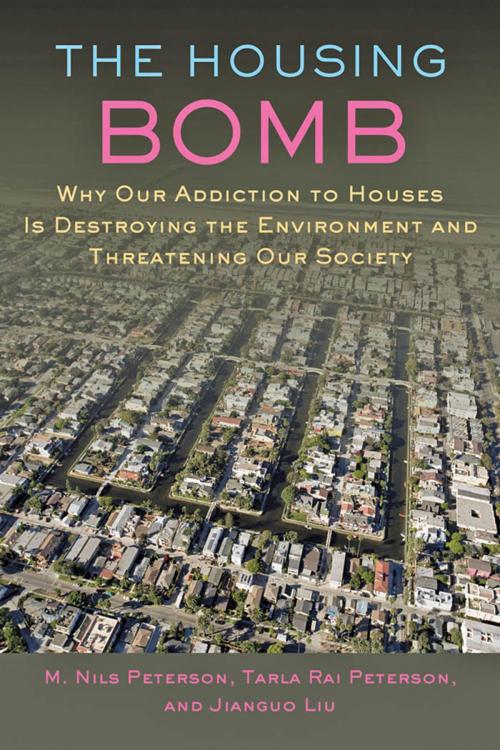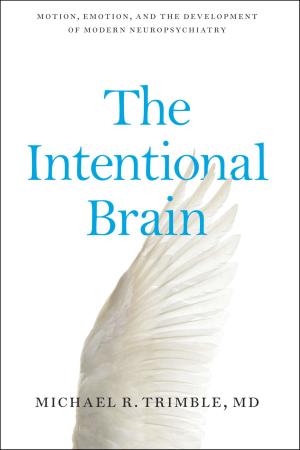The Housing Bomb
Why Our Addiction to Houses Is Destroying the Environment and Threatening Our Society
Nonfiction, Science & Nature, Science, Biological Sciences, Ecology, Nature, Environment, Environmental Conservation & Protection| Author: | M. Nils Peterson, Tarla Peterson, Jianguo Liu | ISBN: | 9781421410661 |
| Publisher: | Johns Hopkins University Press | Publication: | December 15, 2009 |
| Imprint: | Language: | English |
| Author: | M. Nils Peterson, Tarla Peterson, Jianguo Liu |
| ISBN: | 9781421410661 |
| Publisher: | Johns Hopkins University Press |
| Publication: | December 15, 2009 |
| Imprint: | |
| Language: | English |
Have we built our way to ruin? Is your desire for that beach house or cabin in the woods part of the environmental crisis? Do you really need a bigger home? Why don’t multiple generations still live under one roof? In The Housing Bomb, leading environmental researchers M. Nils Peterson, Tarla Rai Peterson, and Jianguo Liu sound the alarm, explaining how and why our growing addiction to houses has taken the humble American dream and twisted it into an environmental and societal nightmare.
Without realizing how much a contemporary home already contributes to environmental destruction, most of us want bigger and bigger houses and dream of the day when we own not just one dwelling but at least the two our neighbor does. We push our children to "get out on their own" long before they need to, creating a second household where previously one existed. We pave and build, demolishing habitat needed by threatened and endangered species, adding to the mounting burden of global climate change, and sucking away resources much better applied to pressing societal needs. "Reduce, reuse, recycle" is seldom evoked in the housing world, where economists predict financial disasters when "new housing starts" decline and the idea of renovating inner city residences is regarded as merely a good cause.
Presenting irrefutable evidence, this book cries out for America and the world to intervene by making simple changes in our household energy and water usage and by supporting municipal, state, national, and international policies to counter this devastation and overuse of resources. It offers a way out of the mess we are creating and envisions a future where we all live comfortable, nondestructive lives. The "housing bomb" is ticking, and our choice is clear—change our approach or feel the blast.
Have we built our way to ruin? Is your desire for that beach house or cabin in the woods part of the environmental crisis? Do you really need a bigger home? Why don’t multiple generations still live under one roof? In The Housing Bomb, leading environmental researchers M. Nils Peterson, Tarla Rai Peterson, and Jianguo Liu sound the alarm, explaining how and why our growing addiction to houses has taken the humble American dream and twisted it into an environmental and societal nightmare.
Without realizing how much a contemporary home already contributes to environmental destruction, most of us want bigger and bigger houses and dream of the day when we own not just one dwelling but at least the two our neighbor does. We push our children to "get out on their own" long before they need to, creating a second household where previously one existed. We pave and build, demolishing habitat needed by threatened and endangered species, adding to the mounting burden of global climate change, and sucking away resources much better applied to pressing societal needs. "Reduce, reuse, recycle" is seldom evoked in the housing world, where economists predict financial disasters when "new housing starts" decline and the idea of renovating inner city residences is regarded as merely a good cause.
Presenting irrefutable evidence, this book cries out for America and the world to intervene by making simple changes in our household energy and water usage and by supporting municipal, state, national, and international policies to counter this devastation and overuse of resources. It offers a way out of the mess we are creating and envisions a future where we all live comfortable, nondestructive lives. The "housing bomb" is ticking, and our choice is clear—change our approach or feel the blast.















